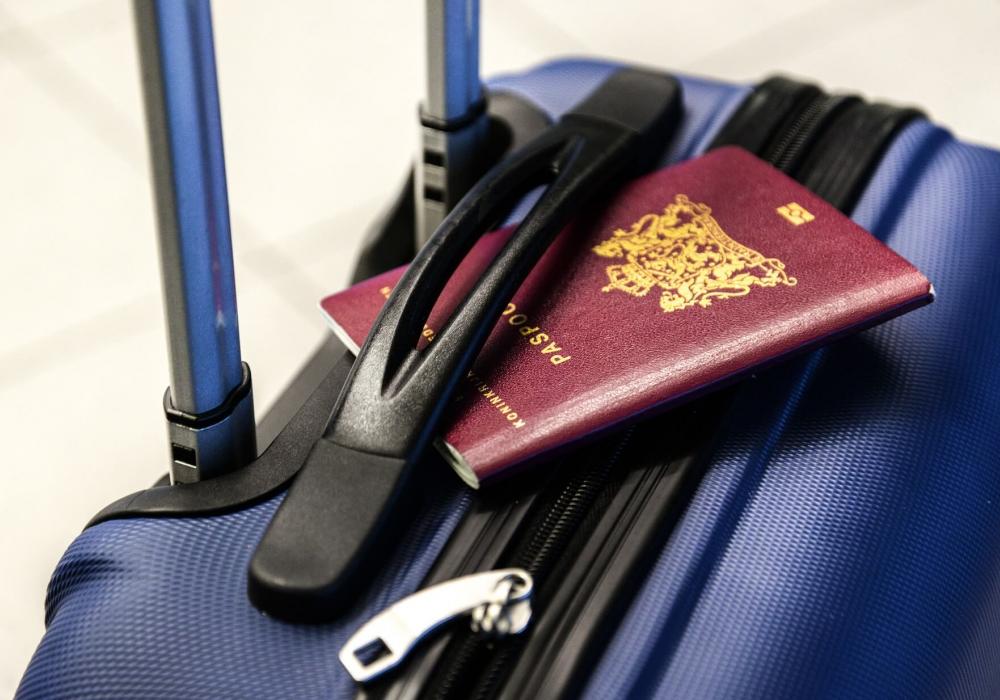How to Apply for a Germany Visa: To get a visa for Germany, you have to apply for one. The application process can seem complicated but it’s all straightforward, and you can always contact your nearest embassy or consulate before you apply to get their help with the application process.

How to Apply for a Germany Visa?
1. Complete the German Visa Application Form
Before you begin the visa application process to Germany, you have to make sure that you have the correct visa form. Generally speaking, there are two main types of German visa application forms:
- A short-term visa form (visa C). This is the application form for a tourist visa that allows you to enter and visit Germany for as long as it’s valid- 90 days in a 180-day period.
- A long-term residence visa form (visa D). A long-term visa is issued for different purposes: work, family, or study- the validity of a D visa depends on why you are going to Germany.
For either visa form, you have to fill in your personal details and the required information online. You can do this by using VIDEX, which is an online platform designed to make the application process easier for you and for the visa office. Once you complete the online form, you have to print it and sign it so you can take it with you when you go to the embassy or consulate.
Make sure you answer all the required questions and be as honest as you can. The online platform deletes your data if you don’t work on the application for 10 minutes, so before you start make sure you have the following documents near you:
- Passport
- Travel schedule (flight number)
- German address
- Hotel reservation (if applicable)
Letter of invitation (if applicable)
2. Get Your Documents Ready
After you have your printed application form, you have to get your documents ready. Generally, you need to have the following documents:
- Visa application form.
- Your passport.
- Your visa pictures.
- Travel itinerary.
- Proof of financial means.
- Evidence of accommodation.
- Health insurance.
These are only the main requirements, for each visa type you need some specific documents such as work contract, school records, family certificate, and so on.
Some of your documents may require translation or an apostille stamp, so make sure you contact the nearest visa office in your country before you apply and ask how to prepare your documents.
3. Make an Appointment at an Embassy/Consulate
Visa applications are processed by consulates, and sometimes embassies when a consulate is non-existent in a specific country. You have to find the nearest consulate to you, an embassy, or another official visa office that is in charge of issuing German visas for your country. Usually, you can book an appointment online depending on the German mission that is available in your country, but sometimes you may be required to go in person and make your appointment.
4. Go to the Visa Interview
Once your appointment for a German visa is confirmed, you have to attend your interview at the visa office. Make sure you arrive on time since your appointment is canceled if you arrive even a few minutes later.
During the interview, you will be asked questions about your trip to Germany, why you want to travel, how much time you want to spend there, and do you plan on visiting other places. You may also be asked some questions about yourself- the entire interview should not last more than around 10 minutes.
5. Provide Your Biometric Information
When you go to the embassy/consulate, you also have to submit your biometric data. If you’ve already done this for previous German visas, you may not be required to do the same again. If it’s your first trip, after your interview, an officer will scan your fingerprints.
6. Pay the Visa Application Fee
In the majority of cases, you have to pay the visa fee before your interview. However, this requirement changes from country to country. In some countries, you have to pay the visa fee online when you fill in the application form and then you have to bring your receipt with you, while in other countries you may be required to pay the fee after your interview is over.
Nevertheless, when you visit the embassy/consulate for your interview your visa fee has to be paid. The usual fee for a short-term visa is €80, but the cost is liable to change depending on what type of German visa you are applying for.
7. Get Your German Visa
Once your application has been completed, you have to wait for 10 to 15 business days to get an answer on your visa application. If your application was successful, you can now travel to Germany with your visa. If you applied for a long-term visa, the waiting time can be up to several months.
In case your visa is rejected, in the rejection letter you will get detailed information about why your visa was rejected and how you can appeal the decision- usually, you have one month to appeal at the local mission where you initially applied for the visa.